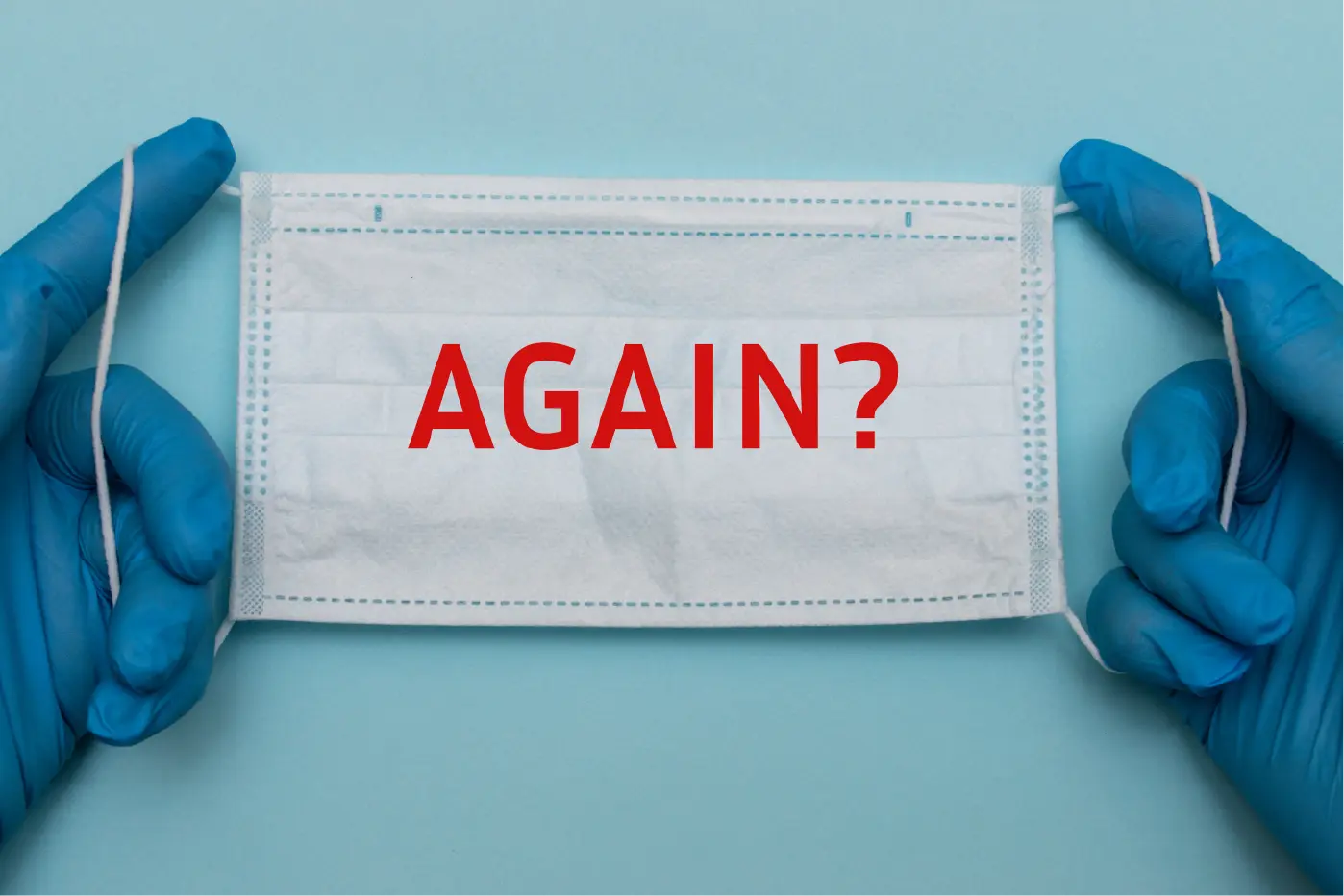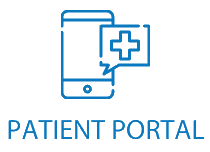
You may wonder how to prevent yourself from getting COVID again; as COVID cases continue to climb across the United States, a new coronavirus variant known as BA.2.86 is raising alarm. The global pandemic has evolved into hundreds of variants since the original coronavirus was released in late 2019.
The world has been grappling with the unprecedented challenges posed by the COVID-19 pandemic for quite some time now. As we collectively strive to adapt to this new normal, one question looms large in the minds of those who have already battled the virus: Can you get COVID again? The short answer is yes, reinfections are possible, but the good news is that there are proactive steps you can take to protect yourself.
What is COVID-19 Reinfection?
Reinfection with COVID-19 can happen after an initial infection and can occur multiple times. Most reinfections are mild, but there is a chance of severe illness. You can also pass on the virus to others if you are re-infected. Keeping up with your COVID-19 vaccination and getting treatment as soon as symptoms appear can help reduce the risk of serious illness.
Your immune system responds to COVID-19 in different ways after you recover from your initial infection. Your immune system protects you from reinfection for a few months, but this protection decreases over time. People with weakened immune systems can have a limited to no immune response when reinfected. Even if you get a COVID-19 infection, your immune system will continue to protect you for longer than if you get a reinfection. This will help protect you against severe illness and hospitalization.
Signs and Symptoms of the New COVID
COVID symptoms vary greatly from person to person. The most common COVID symptoms include:
- Fever or chills
- Cough
- Shortness of breath
- Fatigue
- Muscle or body pain
- Headache
- Loss of appetite
- Sore throat
- Congestion
- Runny nose
- Nausea or vomiting
- Diarrhea
Ways to protect yourself from getting re-infected from COVID-19
1. Wash your hands often
Use warm water with soap before and after eating, going to the bathroom, or returning from outside. Wash your hands after using your phone, laptop, or anything else you usually handle in the house. If you can’t wash your hands outside, use a sanitizer with at least 60% alcohol.
2. Refrain from skin-to-skin contact
The COVID-19 virus can be spread through direct contact with your hands, but it can also be passed on to others through contact with their eyes, nose, or mouth or by licking their fingers or biting their nails. The virus is also transmitted through secondary exposure to the mucosa (covering around the eyes, nose, and mouth)
3. Don’t share things
Refrain from lending your stuff to others, and avoid renting items you don”t need. Avoid sharing meals or beverages with others using the same plates, cups, glasses, or utensils. Do not share towels, washcloths, toothbrushes, skincare products, or any personal items with others.
4. Practice social distancing
The virus can be present in the saliva of infected individuals, even those who are asymptomatic, making close contact a potential transmission risk. To protect yourself and others, keep a minimum distance of at least 2 meters (or 6 feet) from anyone outside your household. As we go back to normality, it’s important to remember that social distancing is one of the easiest and most effective ways to reduce your risk of infection. Avoid large gatherings and dining out in crowded places, even as restrictions ease, to ensure the safety of yourself and those around you.
5. Wear a mask if you go out
In situations where social distancing is impossible, such as at the grocery store, everyone should wear a mask. By wearing a mask, you reduce the risk of spreading the virus through breathing, conversation, coughing, sneezing, etc. When wearing a mask, it is important to avoid touching and playing with it as this could allow the COVID-19 virus to be passed from hand to hand. Wash your mask and hands after every use.
6. Keep your home disinfected
Hard surfaces like doors, countertops, and tables, as well as furniture, electronics, and toys, should be disinfected with alcohol-based disinfectants a couple of times daily. Don’t forget to wipe down surfaces where you’ve put things like shopping bags brought in from outside. Verify that the disinfectant you are using kills COVID-19.
7. Boost Your Immune System
focus on maintaining a balanced diet with plenty of fruits, vegetables, and whole grains. Regular exercise and adequate sleep also play vital roles in supporting a healthy immune system. Managing stress through relaxation techniques like meditation or yoga can enhance overall immunity. These lifestyle choices contribute to a strong immune response and better defense against infections like COVID-19.
8. Get vaccinated
One of the most effective ways to prevent reinfection with certain diseases is to get vaccinated. Vaccines stimulate your immune system to build immunity against the pathogen, reducing infection risk or making subsequent infections milder.
Do We Need COVID Tests After Vaccination?
If you’ve received the COVID-19 vaccine but start experiencing symptoms, getting tested and avoiding contact with others until you receive your test results is important. If your test comes back positive, make sure to quarantine yourself for ten days.
Even if vaccinated individuals don’t show any symptoms, the CDC suggests that they should get tested 3 to 5 days after being in contact with someone who has COVID-19. Furthermore, it’s also advisable for them to wear a mask in public for 14 days after exposure or until they obtain a test result.
If you are unsure if your condition is allergies or COVID, you can get an antigen test to check or visit DOC-AID Urgent Care. We offer COVID testing to confirm whether your symptoms are linked to COVID or another viral condition like the flu. For more information, call us or book your appointment online.


